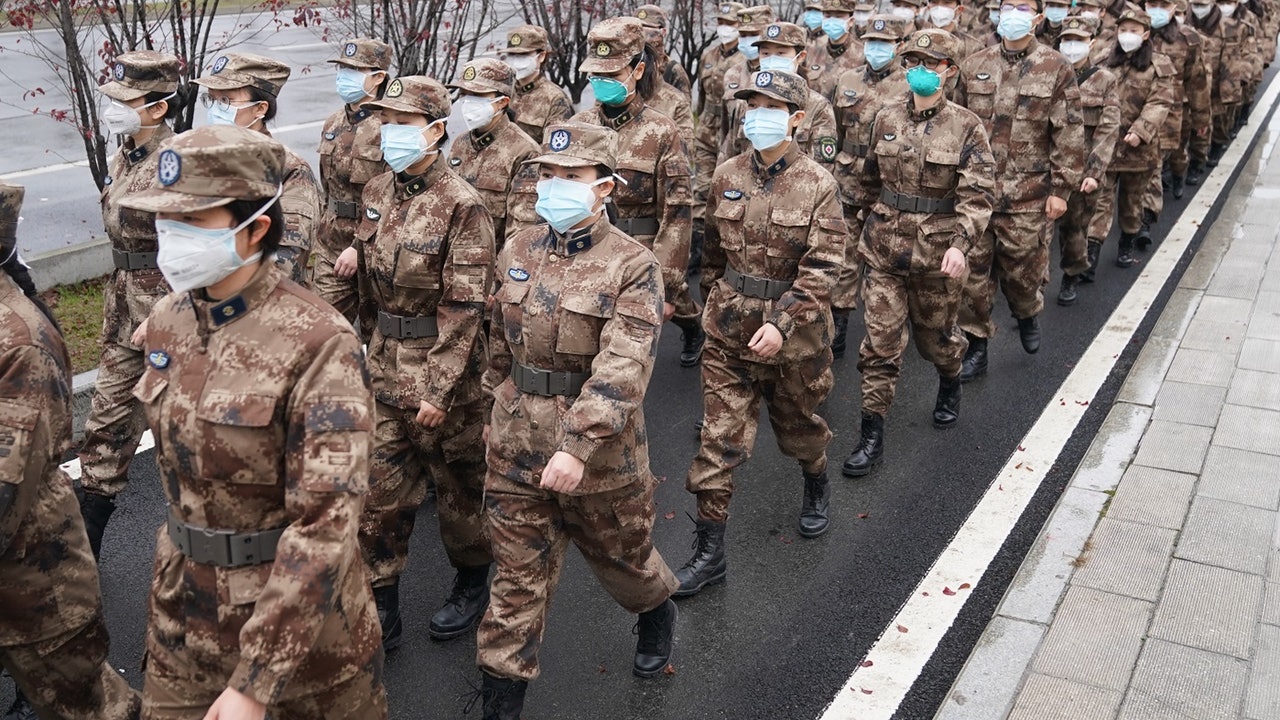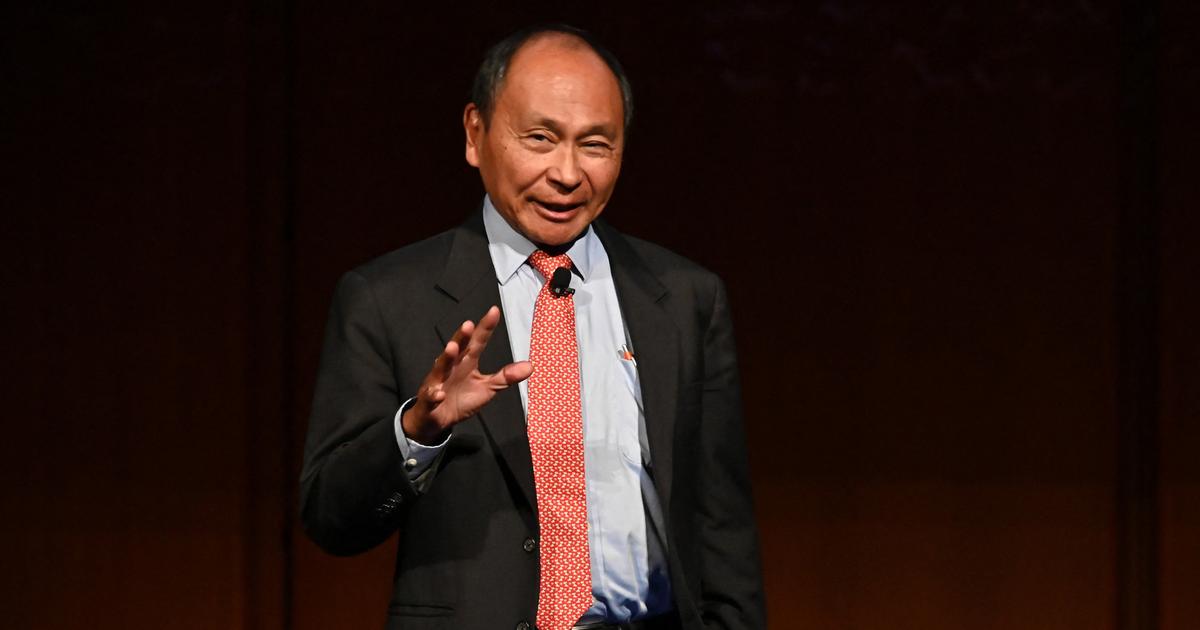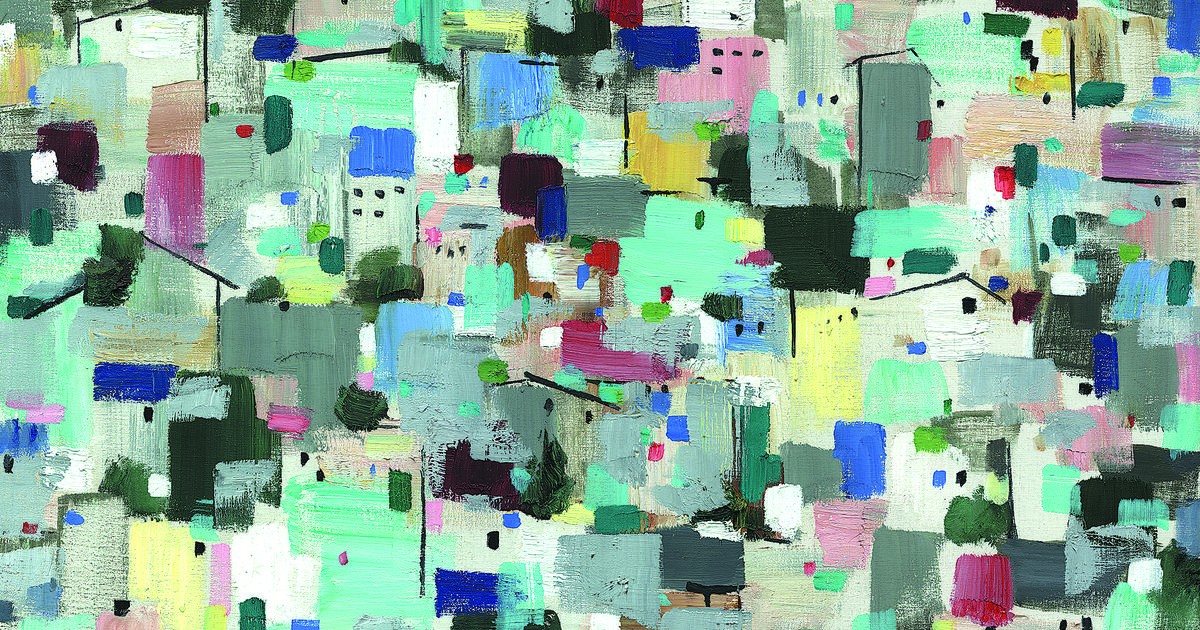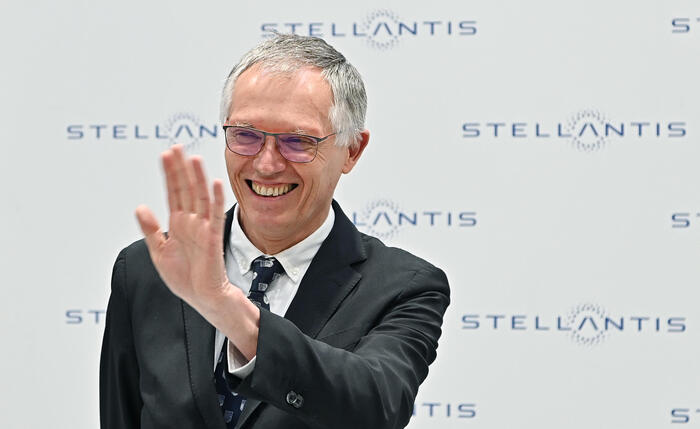Introduction: As China adjusts its anti-epidemic policy and takes a substantive step of "coexisting with the virus", people can't wait to say goodbye to nucleic acid, health code, itinerary card, and white, but for China and the world, it is more important than saying goodbye to the epidemic , How to systematically summarize and reflect on the past three years.
In early 2023, a reporter from "Hong Kong 01" interviewed Xiang Biao, director of the Max Planck Institute for Social Anthropology in Germany, focusing on the three-year epidemic situation and how to promote post-epidemic social reconstruction.
As an anthropologist, Xiang Biao became famous for his research in Zhejiang villages in his early years. Later, he went abroad to study and became a professor of social anthropology at Oxford University. In 2020, he left the UK and settled in Germany.
Since the outbreak, Xiang Biao has frequently participated in public discussions and started dialogues with different groups, hoping to more directly intervene in society. The "nearby" and "first 500 meters" he proposed have aroused extensive and continuous discussions.
This is the fourth interview.
Interview with Xiang Biao 1|After the huge swing, what is the fulcrum of China's post-epidemic social reconstruction?
Interview with Xiang Biao 2|What is a Resilient Society?
Dialectical Interview of Chaos and Vitality Xiang Biao 3|Is the end of the universe a test?
Opportunism Behind Absolute Stability
Hong Kong 01:
In "Using Yourself as a Method", you mentioned, "China is very complicated, but the task of the China Center is often to dispel these complexities, simplify and unify it, because it is afraid of this complexity." "『 I always start from myself, thinking that others cannot define me, and I want to define others, not to observe, but to define, and I always oppose this and promote that, and the level of wisdom gradually decreases.”
Some of our specific policies in the past few years, including the epidemic prevention policy, seem to give people a feeling that "I feel that others cannot define me", and we want "Chinese characteristics", so "oppose this and promote that at every turn", We seem to be less and less willing to see some commonalities and universals, and to regard the paths traveled by others as our own, to learn from, absorb, and integrate. The wisdom in this aspect is indeed decreasing.
Why is this happening?
Xiang Biao:
This is very obvious, and it is worth analyzing. What kind of cognitive structure is it that leads to thinking not from a practical process, but from labels one by one.
Originally, each of us is a process of continuous exploration and continuous practice from childhood to adulthood. This is true for individuals and it is also true for a society.
Now we say that the purpose of living is for a label, to prove that we are different from others, to prove that we are better than others.
Instead of constantly exploring by trial and error, and constantly exchanging experience with others.
One advantage of labeling is that when arguing with others, there is a very strong discourse, which emphasizes the sense of mission, has a high degree of abstraction, and has an overwhelming strength.
Xiang Biao, director of the Max Planck Institute for Social Anthropology in Germany.
(profile picture)
We have noticed that many young people who have taken the public examination, or who have suffered from introversion, are also more likely to be influenced by these words and ways of thinking.
Why?
Because his life is not a process, his goal is to go to the end of the universe and get the system.
In the process of walking towards the end of the universe, his life process itself has no meaning, but he wants to pursue a sense of belonging and a greater meaning to fill the emptiness in his heart. At this time, the way to pursue it is not to look at those little people nearby, Little things, he thinks those are meaningless, "the first 500 meters" these things can't give him a sense of meaning, his sense of meaning comes from those transcendent sublime things.
So this also explains that this set of discourse has a certain folk foundation. Such a folk foundation does not mean that these young people really believe in these things, but a kind of emptiness and desertification, which is caused by the lack of publicity in daily life at the grassroots level.
Hong Kong 01:
There is one last question. In your 2010 article "National Theory of Ordinary People", you traced the process of social construction in high-level politics.
Specifically, in 2004, the Fourth Plenary Session of the Sixteenth Central Committee of the Communist Party of China proposed "social construction", and the political report of the Seventeenth National Congress clearly defined social construction as a separate section, and listed it together with economic, political, and cultural construction as four in one.
At the end of 2007, the Beijing Municipal Government established a "Social Construction Work Office" to formulate a "Social Construction Master Plan."
Therefore, the "social construction" discussed in the current Chinese sociology circle is quite different from the society discussed in the 1980s and 1990s: society is no longer outside the state, but a project of the state.
This represents a new set of governance capabilities, intended to penetrate into social life and absorb society in an all-round way.
These developments obviously do not conform to the mainstream theoretical assumptions, but they all seem to be in line with public opinion; ordinary people have never felt that the country is too big or too strong to be a problem, nor do they think there is anything wrong with the country's promotion of social construction.
This kind of judgment should not be a problem before the epidemic, but the epidemic has indeed challenged many things in the past three years, including the governance model of "the state fully penetrates into social life and absorbs society".
What do you think the three-year epidemic has provided for us to rethink and understand ordinary people's national theory and "social construction"?
Is the social governance model of "comprehensively deepening social life and absorbing society" sustainable?
Xiang Biao:
You raised this question very well. I think it really needs to be corrected. This model seems to be unsustainable now.
I wrote "Ordinary People's Theory of the State" aimed at the ideas of civil society that emerged in the late 1980s. I believed that for a stable social development, there must be a relatively clear distinction between society and the state, and society should have its own. A set of independent practices that are not directly interfered by state power, of course, such a practice must be regulated by law, and the state should also be regulated by law to supervise public power.
This set of ideas has not developed since it was put forward in the 1980s, because there is no basis for public opinion.
That's why I proposed this fusion of state and society, thinking that this is more in line with the imagination of ordinary Chinese people.
In a special period like the epidemic, administrative forces are fully involved in social life, determining people's freedom of travel and so on.
A man wearing a face mask registers at a registration point set up by community members for people returning to or leaving Beijing, February 1, 2020.
(Reuters)
Now let’s think further in light of the epidemic situation: the original idea of civil society, that is to say, has an independent and relatively independent social field, but I still think it does not conform to China’s reality and national conditions.
But we can't rely on the state to continuously absorb the society and penetrate into social life in an all-round way. The society lives completely in the administrative system, which now seems unsustainable.
So what do we need now?
What is needed is to rebuild the neighborhood, or the first 500 meters. This is not to establish a completely autonomous society independent of the country, but it is not completely controlled by the administration, but to rely on the neighborhood to form a daily life. Then in daily life, everyone can communicate and coordinate with each other, can form public opinions and wills, and when public actions need to be formed, there is a force there.
We also talked about the neighborhood committees earlier. Now a big question is that the most important neighborhood committees in the "nearby" have been absorbed into the administrative system, but in fact the neighborhood committees should be residents' self-government organizations. Is it possible to reorganize the neighborhood committees after the epidemic?
In the white paper movement in various places at the end of November, I think one of the most important demands should be to reorganize the neighborhood committees, otherwise it would be difficult to implement too big and too general demands.
Including the article I wrote, the space is too big, and the important thing now is how to do some specific things to carry out social repair and reconstruction.
Interview with Xiang Biao 1|After the huge swing, what is the fulcrum of China's post-epidemic social reconstruction?
Interview with Xiang Biao 2|What is a Resilient Society?
Dialectical Interview of Chaos and Vitality Xiang Biao 3|Is the end of the universe a test?
Opportunism Behind Absolute Stability Three-Year Reflection on the New Crown Epidemic Ten|What is the key for China to get out of the epidemic?
Three-Year Reflection on the New Crown Epidemic Seven|Is full liberalization an active choice or a passive one?









